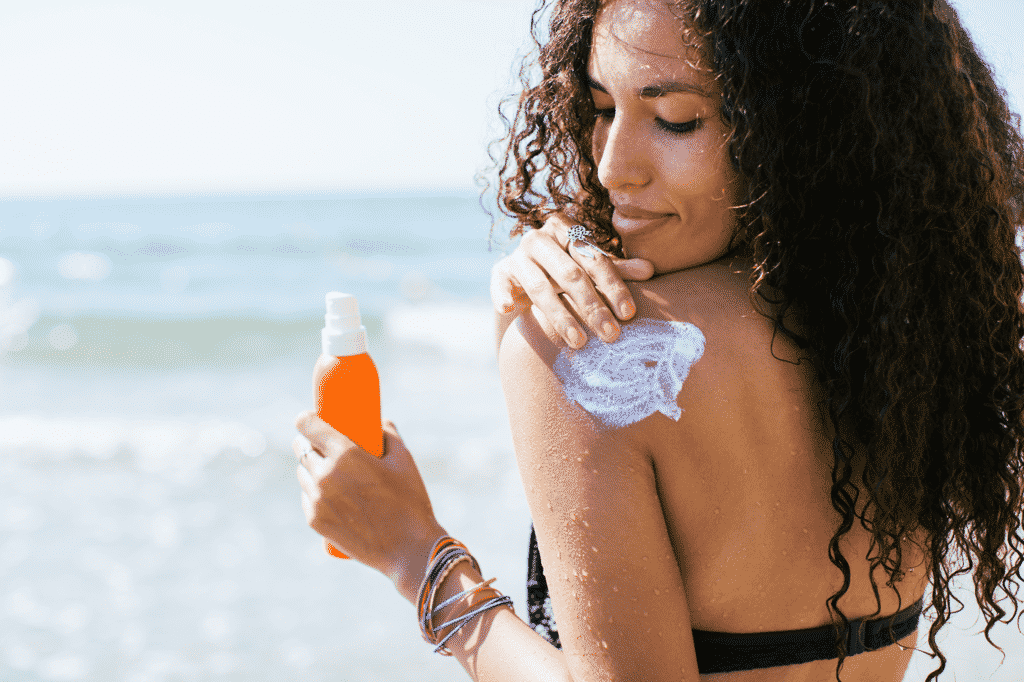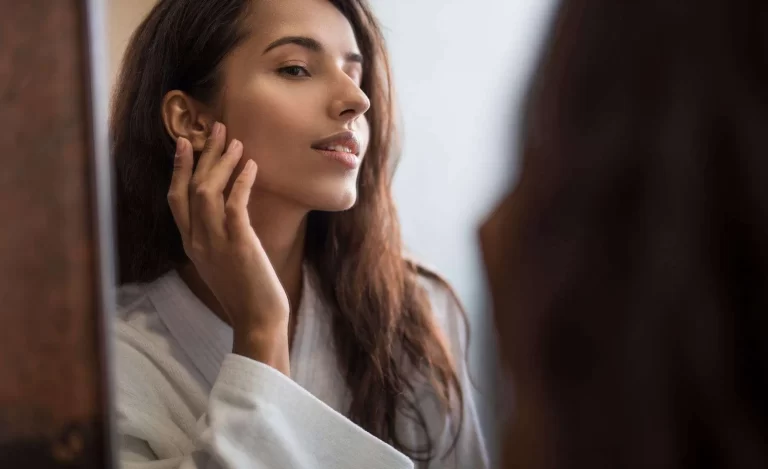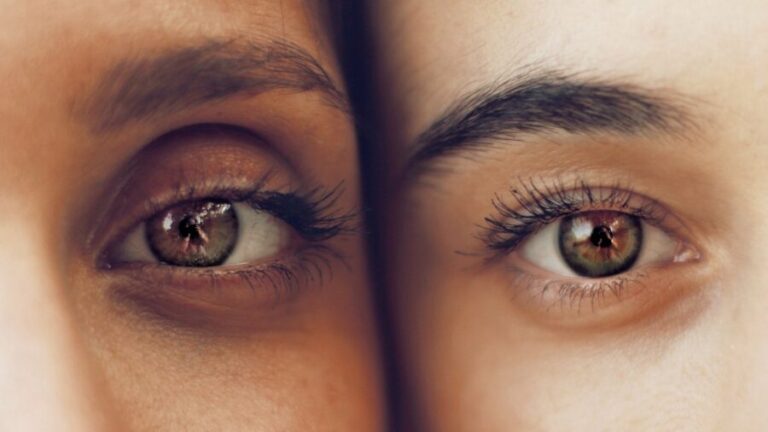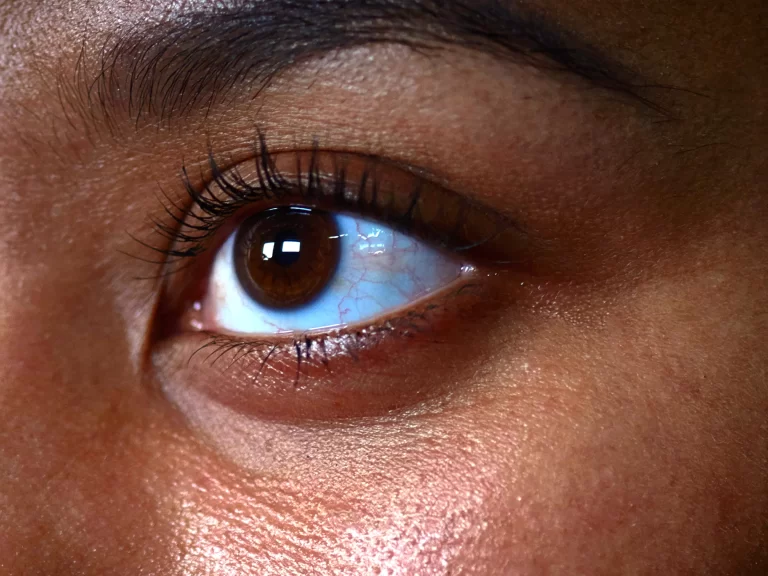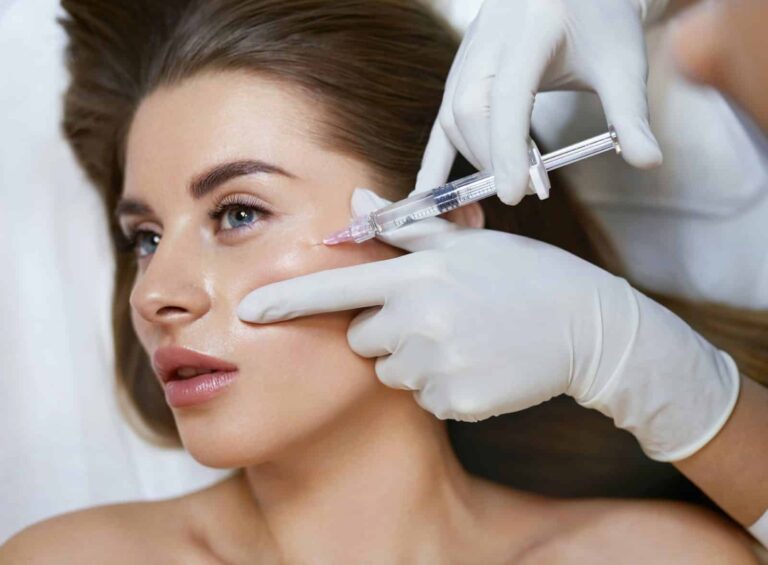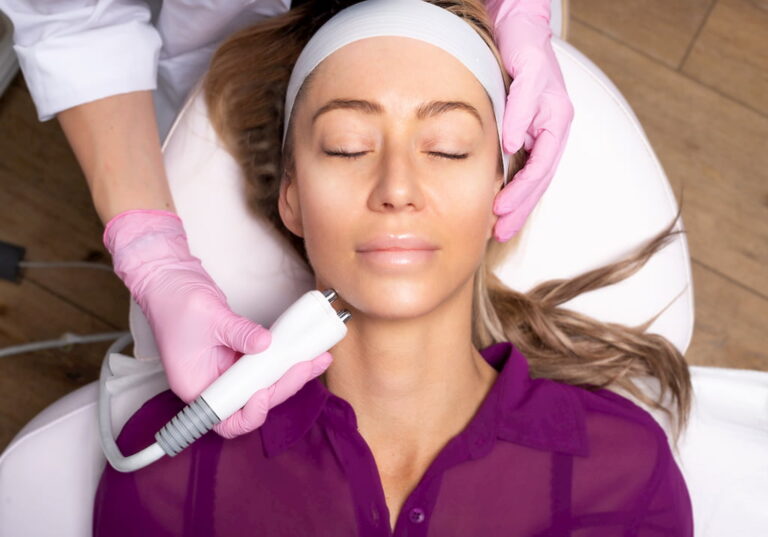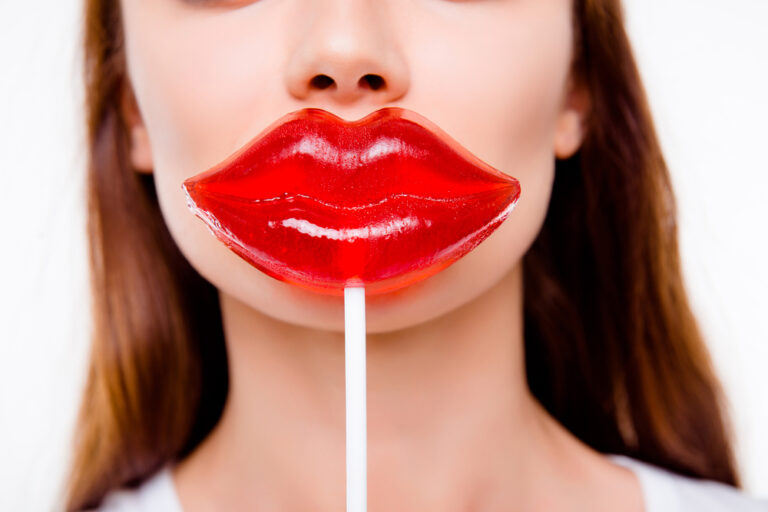Ever wondered why your Mom or Granny had such wonderful skin? While you fight pigmentation, wrinkles and dull skin each day? Blame it on the changing lifestyle and the global warming! Changing your lifestyle involves a lot of resilience and getting a control over global warming will take time. But there is one thing that you can do to save your skin health; use a sunscreen everyday!
Call 9930993600 to book your consultation with Dr Niketa Sonavane
Ambrosia Aesthetics, Andheri West, Mumbai
What is a sunscreen? Is there a difference between a ‘sunscreen’ and a ‘sunblock’?
The basic role of a sunscreen and sunblock is the same. They protect your skin from the harmful UV rays. The difference is that a sunblock reflects the UV rays like a mirror. This prevents them from reaching your skin. While a sunscreen absorbs the UV rays and prevents them from entering your skin.
Do I need to use a sunblock even when I am indoors?
Yes. Sunscreens protect your skin from the UV rays. These rays cause premature aging, patchy skin tone, tanning and skin cancer. The most common source of UV rays is the sun or daylight. UVA and UVB rays can get deflected and scattered. So even if you are indoors but are in daylight, the rays are still harming your skin. Besides, there are a number of other sources of UV rays, most common being light bulbs and computer screens.
What is the right way of using a sunblock?
Sunscreens should be applied 20 minutes before stepping outdoors. But the ideal thing to do is to apply it after you wash your face or have a shower in the morning. Then you can re-apply every 3 hours. Think 9 am, 12 noon and 3 pm. Apply the sunscreen liberally. You should be using about 1 teaspoon (5ml) to cover your face and neck. About a handful (30ml) is required to cover all exposed areas. That way your skin is completely protected.
How do I know which sunscreen is right for me?
Generally SPF 30 reapplied 3 hourly gives adequate protection. If you have pigmentation or an overtly uneven skin tone then a sunscreen with a higher SPF like SPF 50 is more suitable. People who sweat a lot should use ‘Sweat proof’ sunscreens. Swimmers and those off to beach vacations should pick a ‘Water Resistant’ sunscreen that protects for 40 minutes or ‘Water proof’ sunscreen that protects for 80 minutes in water. Reapplication of these sunscreens is required after profuse sweating and after towel drying. Always pick a ‘broad spectrum’ sunscreen.
What does ‘broad spectrum’ mean? What does SPF mean?
Broad spectrum sunscreens are those that protect you from UVA as well as UVB rays. SPF means Sun Protection Factor. It measures the effectiveness of the sunscreen in terms of filtering the UVB rays. PA factor is the measure of effectiveness in protecting against UVA rays. It is graded as ‘+’ for mild, ‘++’ moderate and ‘+++’ for maximum protection.
Why are sunscreens so greasy?
Not all sunscreens are greasy. If you have an oily skin type pick a ‘physical sunblock’ that contains zinc oxide or titanium dioxide. You can also pick a calamine based or gel based sunscreen. A simple trick to reduce the greasiness of the sunscreen is to dab a tissue firmly on the skin 20 minutes after sunscreen application. Do not rub or wipe. Just dab or blot. Alternatively, you can dust some mineral loose powder after application of the sunscreen for a matte look.
Call 9930993600 to book your consultation with Dr Niketa Sonavane.
